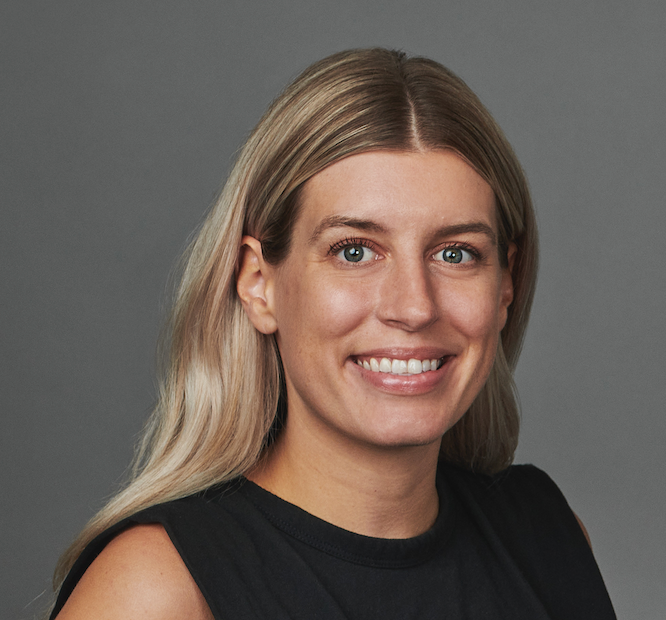Gynecologist Insights on Women's Health and Skincare
Dr. Ruth Arumala, Board Certified Gynecologist, took over the Bushbalm™ Instagram for a Q&A session! As an expert on women’s health and skincare, Dr. Arumala responded to questions you sent in!

What causes dark spots and hyperpigmentation?
1. Hair Removal (mostly shaving)
When one shaves, the hair follicle is irritated and will balloon out to protect the skin. This reaction creates pimple-like bumps which later lead to acne scars, dark spots and discolouration.
2. Friction (chaving)
Frequent friction causes dark spots. You may notice where your skin touches (i.e. the thighs, underarms etc.) there are dark areas and hyperpigmentation - that’s from friction.
3. Hormonal Imbalance
Temporary Physiological States: i.e. pregnancy, breast feeding etc.
Acanthosis nigrican: Creates a velvety discolouration on the skin - this discolouration is a sign that something needs to be checked in the body (i.e. abnormal blood sugar, precursor to diabetes, stomach cancer).
New Medication: Medications like birth control can cause discolouration. If you are experiencing dark spots and hyperpigmentation after starting a new medication, it is worthwhile consulting your healthcare provider to see if the medication is the cause.
How can I prevent dark spots and hyperpigmentation?
1. Don’t remove body hair - If this is not an option for you, there are other solutions!
2. Don’t shave, Trim Instead!
Using a trimmer is a great option to remove the hair while minimizing irritation to the skin. Bushbalm offers the Francesca Trimmer which is the perfect tool for close grooming and/or pre-wax preparation. 
3. Use Skin Protectant After Hair Removal

Is it safe to use Bermuda Oil in your crotch area and can it be used for anal bleaching?
Finding gentle but effective treatments for dark spots around your pubic area/groin is so difficult! This is why I am super excited to share Bushbalm’s Bermuda oil! Bermuda Oil is safe to use on the skin. Please note that this oil should not be used inside the vagina. The vagina itself is a self cleaning organ.

Anal bleaching is an instant and direct treatment for dark spots. On the other hand, Bermuda Oil is a natural and more gradual form of anal bleaching. This product will have to be used very consistently and for an extended period of time to have a similar lightning effect.
What are the benefits of Dry Brushing?
1. Helps with lymphatic support
The lymphatic system is an alternative system in the body that returns fluid back into the bloodstream. Dry brushing has been shown to support lymphatic return.

2. Perks you up!
Dry brushing allows you to have a particular zest in your day-to-day living. 
3. Opens up the pores
Dry brushing opens up the pores so the skin can fully ingest whatever you’re treating your skin with. The dry brush can be used in conjunction with treatment oils, body washes, exfoliating scrubs and body moisturizers, to make your products more effective.

Treatment protocol (natural or prescription) for lichen sclerosus:
Lichen sclerosus is an autoimmune disease wherein the cells that are supposed to defend the body now start to attack the cells in the perineum; including the cliteris, vulva, vagina and the perirectal around the anus.
Lichen sclerosus usually occurs if you are really young or if you are older. It can be very devastating because it can change the architecture of your pubic area.
Lichen sclerosus is often accompanied with symptoms such as itching and irritation around the vulva. This disease must be diagnosed by a professional and is treated either with a high dose steroid or lasers.
I don’t know about any natural ways to treat lichen sclerosus. If you believe you have lichen sclerosus, you should seek out your health care provider ASAP.
How do I know what products are safe to use while pregnant?
I recommend speaking with your obstetrician, midwife or whoever is helping you through your pregnancy to review the products you are taking.
For now, there are some ingredients you should definitely stay away from. The no no’s include: anything that is accutane related, retinol, vitamin A derivatives that are concentrated. These have been shown to cause abnormalities in the development of a baby.
What is the best daily routine to keep “down there” healthy, clean, fresh and avoid too much yeast growth or bacteria?
Rule of Thumb: Nothing goes inside of the vagina - no water, douching or products. Let the vagina stay on its own! The vagina is a self cleaning oven that will continue to clean itself. It has bacteria that is necessary to help with daily cleaning of the vagina.
If you need to, clean the vulva or the lips around the vagina. Never use a soap, instead opt for a gentle cleanser because they have oils that will soothe the skin and protect it as opposed to stripping it.
Another alternative is to eat good probiotics - you can get them from yogurt, gummies or probiotic pills.
Make sure you sleep without underwear on at night - especially avoid tight undies. You want oxygen to flow because bad bacteria that causes infection don’t like oxygen. I encourage my patients to go commando (when they are not on their period) to allow the oxygen to flow.
We hope that Dr. Arumala was able to answer your questions.







 Secure Checkout
Secure Checkout





